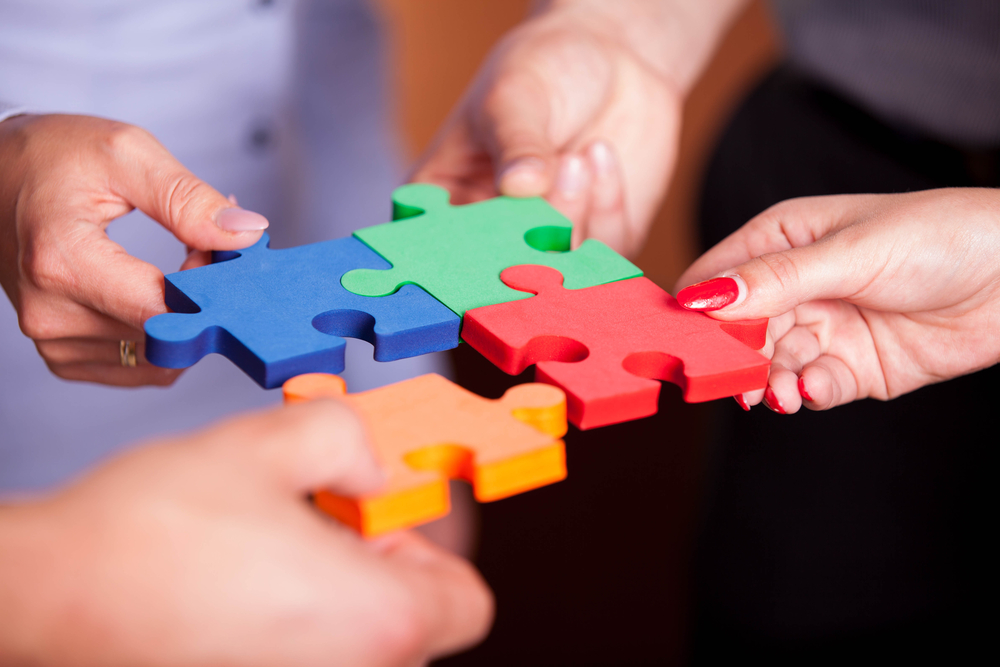Jul 20
Self-Motivation
July 20, 2018
By: Astrid Vélez
Self-motivation might be defined as a force that arises in each one of us and leads to an optimal state of mind. There are many words used to describe motivation, like “will power,” “drive,” and “firmness of purpose”. For many people, motivation is an external force, so they are constantly seeking it outside themselves. Self-motivation, however, is an impulse from within that pushes you forward and enables you to achieve your goals. In my experience, motivation without action is simply an illusion.
A question I always ask my clients when they are in the search process of themselves is “What are your interests?” It is important to be conscious of your interests and keep them always in mind, since our actions take on meaning when we move toward them.
To generate true self-motivation, I begin the transformation process with an internal search to identify needs and interests. To achieve self-motivation we need to know ourselves, and need to identify that inner “drive” that, when we activate it, will allow us to overcome challenges and attain our goals.
As a strategist and coach, I have seen people who, rather than looking inward, prefer to delegate, to make others responsible for their motivation. This leads them into vicious circles that produce physical and mental wear. For them, it is easier to point out others of their stumbles than to take control of their actions. As the saying goes, “you’re your own worst enemy.” These people resist change and don’t recognize the importance of learning through hard work and sacrifice, and so they don’t achieve self-motivation. They resist the opportunity for introspection. But once they enter that process of discovery, the rest becomes clear. Discovery is the key to achieving great goals and giving you control.
The first control we must generate is self-control. How do we do that? We must be aware, and it is crucial, that we allow ourselves to discover our inner being. We alone are responsible for the process leading to self-motivation. What does that process consist of?
- Knowing our strengths and weaknesses (what can I improve and what positive traits I can take advantage of to aim towards our objectives)
- Identifying our needs according to my weaknesses (tutorial, trainings, coaching, etc.)
- Allowing ourselves to receive help and support from friends, relatives and/or professionals in the field of my interests
- Choosing the best support according to my proposed goal (if my goal is to be a successful entrepreneur, choose business networking and/or choose a business training support).
- Designing the necessary activities. First, we evaluate the desired result. Then we tie the goal to the appropriate activities, the necessary knowledge, and the best support. This will allow us to develop strategies that give us control, so long as it is tied to a plan of action.
- Acting firmly, with certainty and self-assurance
- Being persistent
- Focusing on continual evaluation of the result of the strategies contained in our plan of action.


